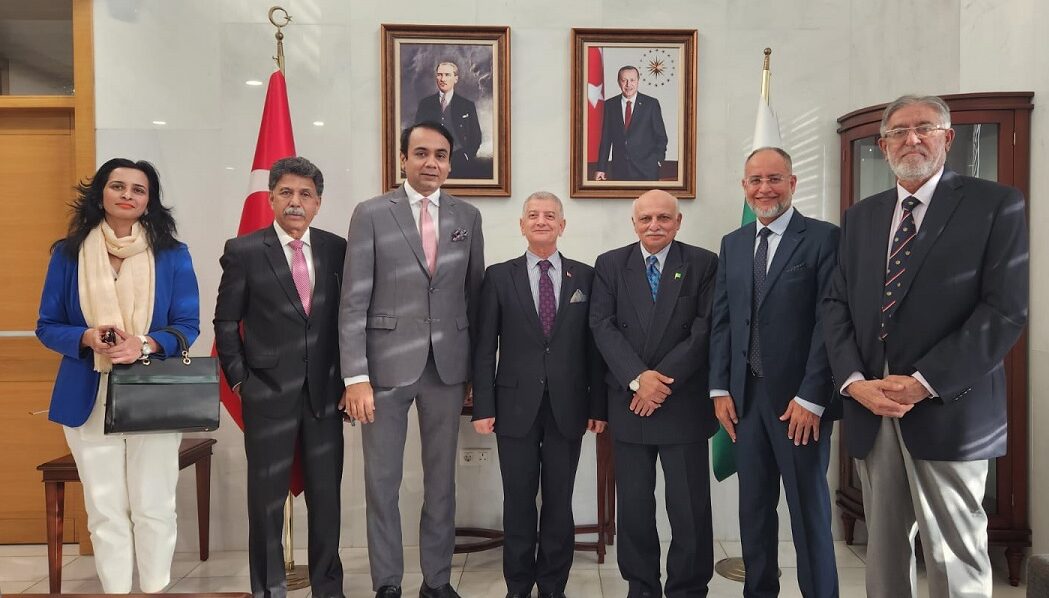KARACHI, July 13, 2020: Workers’ remittances rose by a significant 50.7 percent during June 2020 to reach record high USD 2.466 billion compared with USD 1.636 billion in June 2019.
Similarly, on a cumulative basis, workers’ remittances increased to a historic high level of USD 23,120.7 million during FY20, witnessing a growth of 6.4% over USD 21,739.4 million during FY19.
It would also be pertinent to mention here that inflow of workers’ remittances registered an increase of a 7.8% during March-June 2020 pandemic period compared with the corresponding period of 2019.
During June 2020, larger amounts of Workers Remittances are received from Saudi Arabia (US $ 619.4 million), USA (US $ 452.0 million), UAE (US $ 431.7 million) and UK (US $ 401.0 million) recording an increase of 42.0 percent, 7.1 percent, 33.5 percent and 40.8 percent respectively as compared to May, 2020.
The State Bank of Pakistan (SBP) said that the significant increase in remittances during June 2020 can be attributed to a number of factors.
Since many of the countries eased lockdown in June, overseas Pakistanis were able to transfer accumulative funds, which they were unable to send earlier.
Further, it is also believed that they sent remittances to support extended families and friends due to COVID-19.
In addition to these, efforts by the Government and SBP also played their role in the increased inflow of workers’ remittances during FY20 in general and Covid-19 period, March till June 2020, in particular.
Supportive government policies in terms of extension of Reimbursement of TT Charges Scheme (Free Send Remittance Scheme) to small remitters by reducing threshold from USD 200 to USD 100, as well as, broadening the scope of incentive scheme for marketing scheme for financial institutions increased the incentives for sending remittances through regular channels.
Further, on-boarding of a large number of technology based money transfer companies by SBP and PRI also helped absorb the shock of lockdowns.
Financial institutions were motivated to use effective marketing campaigns with particular focus on digital channels for sending and receiving remittances to promote the use of legal channel.


























































































































































































































































































